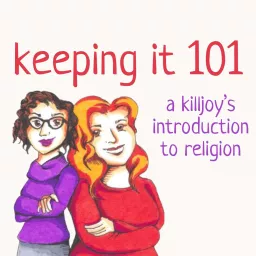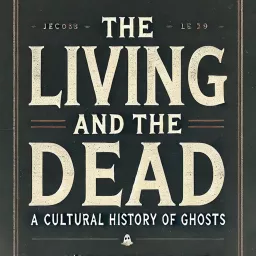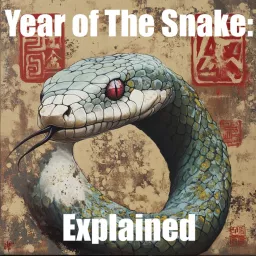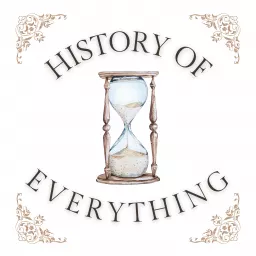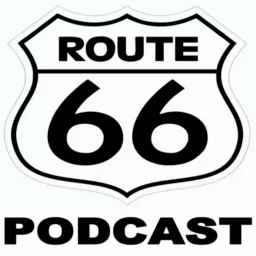Buddha's Birthday
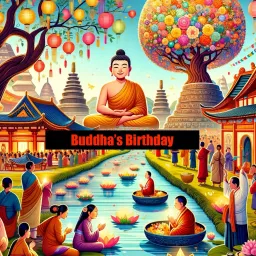
Buddha's Birthday, also known as Vesak or Buddha Purnima, is a joyous and significant event celebrated by millions of Buddhists around the world. This special day commemorates the birth, enlightenment, and death (parinirvana) of Siddhartha Gautama, the historical Buddha. The celebration is marked with various rituals, ceremonies, and festivities, reflecting the diversity of Buddhist traditions and cultures. Join me on a cheerful journey to explore the rich tapestry of Buddha's Birthday celebrations across different countries and communities.
The Origins and Significance of Buddha's Birthday
Buddha's Birthday, known as Vesak in Theravada Buddhism and Buddha Purnima in Mahayana Buddhism, is one of the most important festivals in the Buddhist calendar. The name "Vesak" is derived from the Pali word "Vesakha," which is the name of the lunar month in which the Buddha was born, attained enlightenment, and passed away. The exact date of the celebration varies depending on the lunar calendar used in different countries, but it generally falls on the full moon day of the Vesak month, which usually occurs in April or May.
The significance of Buddha's Birthday lies in its commemoration of the three major events in the Buddha's life: 1. Birth: Siddhartha Gautama was born in Lumbini, in present-day Nepal, around 563 BCE. His birth was marked by miraculous signs, and he was destined to become a great spiritual leader. 2. Enlightenment: After years of searching and intense meditation, Siddhartha attained enlightenment under the Bodhi tree in Bodh Gaya, India, at the age of 35, becoming the Buddha, the "Awakened One." 3. Parinirvana: The Buddha passed away at the age of 80 in Kushinagar, India, achieving parinirvana, the final nirvana, which signifies the end of the cycle of birth and death.
The Celebration of Buddha's Birthday Around the World
India
In India, the birthplace of Buddhism, Buddha Purnima is celebrated with great reverence and enthusiasm. Pilgrims flock to Bodh Gaya, the site of the Buddha's enlightenment, to participate in special prayers, meditations, and ceremonies. The Mahabodhi Temple, a UNESCO World Heritage site, becomes the focal point of celebrations. Devotees offer flowers, light lamps, and chant Buddhist scriptures. Many people also engage in acts of charity, distributing food and clothing to the needy, in keeping with the Buddha's teachings of compassion and generosity.
Nepal
In Nepal, where Siddhartha Gautama was born, Buddha Jayanti is a major festival. Lumbini, the birthplace of the Buddha, sees thousands of pilgrims from around the world. The Mayadevi Temple, located in Lumbini, is beautifully decorated with lights and flowers. Devotees participate in processions, chanting, and meditation. The celebration also includes cultural performances, showcasing traditional Nepalese music and dance, adding a festive atmosphere to the solemn rituals.
Sri Lanka
In Sri Lanka, Vesak is a national holiday celebrated with immense fervor. Streets and homes are adorned with colorful lanterns and lights, creating a magical ambiance. The celebrations begin with religious observances in temples, where devotees engage in prayers, meditation, and the recitation of Buddhist scriptures. One of the unique aspects of Sri Lankan Vesak is the creation of intricate "Vesak pandals," large illuminated displays depicting scenes from the Buddha's life. These displays attract large crowds and are a testament to the artistic talent and devotion of the people.
Thailand
Thailand celebrates Vesak, known locally as Visakha Bucha, with a blend of religious and cultural activities. Temples across the country hold special ceremonies, including chanting, meditation, and sermons on the teachings of the Buddha. Devotees offer flowers, incense, and candles to Buddha statues. One of the highlights of the celebration is the "Wien Tien" ceremony, where people walk around temples three times, holding candles, incense, and lotus flowers. This ritual symbolizes the Three Jewels of Buddhism: the Buddha, the Dharma (teachings), and the Sangha (community).
China
In China, Buddha's Birthday is celebrated with various rituals and festivities. Temples are beautifully decorated, and large statues of the Buddha are bathed in fragrant water, symbolizing purification and renewal. This "Bathing the Buddha" ceremony is a significant part of the celebration. Devotees light incense, offer flowers, and participate in chanting and prayers. In some regions, the celebration includes cultural performances, dragon dances, and vegetarian feasts, reflecting the rich cultural heritage of Chinese Buddhism.
Japan
In Japan, Buddha's Birthday, known as Hanamatsuri (Flower Festival), is celebrated on April 8th. Temples and homes are adorned with flowers, and a small statue of the baby Buddha is placed in a flower-decorated shrine. Devotees pour sweet tea over the statue in a ritual known as "Kambutsu," symbolizing the nectar of wisdom and compassion. The celebration also includes processions, music, and traditional dances. Hanamatsuri is a time for joy and gratitude, honoring the Buddha's birth and teachings.
South Korea
In South Korea, Buddha's Birthday, called Seokga Tansinil, is a major national holiday. The celebration is marked by colorful lantern festivals, with temples and streets illuminated by thousands of lanterns, creating a breathtaking spectacle. The Jogyesa Temple in Seoul becomes the center of festivities, attracting large crowds of devotees and tourists. The celebration includes religious ceremonies, lantern parades, and cultural performances. Devotees also engage in acts of charity, reflecting the Buddha's teachings of kindness and compassion.
Vietnam
In Vietnam, Buddha's Birthday, known as Phat Dan, is celebrated with great reverence. Temples are decorated with lanterns, flowers, and banners. Devotees participate in prayer sessions, chanting, and meditation. The "Bathing the Buddha" ceremony is also an important part of the celebration. In addition to religious observances, the festival includes cultural activities, traditional music, and dance performances. Many people also release birds and fish, symbolizing the act of giving freedom and spreading compassion.
Modern Interpretations and Celebrations
As Buddhism has spread globally, modern interpretations and celebrations of Buddha's Birthday have emerged, reflecting contemporary values and practices. In many Western countries, Buddhist communities organize events that combine traditional rituals with modern elements. These celebrations often include public talks, meditation workshops, and community service activities, promoting the Buddha's teachings of mindfulness, compassion, and ethical living.
Environmental awareness is also a growing aspect of modern Vesak celebrations. Many Buddhist groups emphasize the importance of protecting the environment, reflecting the Buddha's teachings on interdependence and respect for all forms of life. Activities such as tree planting, cleaning up natural areas, and promoting sustainable living practices are becoming integral parts of Vesak festivities.
The Joy of Vesak: Personal Stories and Experiences
Vesak is not only a time for collective celebration but also a deeply personal and spiritual experience for many individuals. Here are a few personal stories and experiences that highlight the joy and significance of Buddha's Birthday.
A Pilgrimage to Lumbini
For many Buddhists, a pilgrimage to Lumbini, the birthplace of the Buddha, is a dream come true. Priya, a devoted Buddhist from India, shares her experience of visiting Lumbini during Buddha Jayanti:
"Visiting Lumbini during Buddha Jayanti was a profound experience. The atmosphere was filled with peace and reverence as pilgrims from all over the world gathered to honor the Buddha. Walking in the sacred garden where the Buddha was born, offering prayers at the Mayadevi Temple, and participating in the chanting sessions were incredibly moving. It felt like I was connecting with the Buddha's presence and wisdom. The highlight of the trip was the 'Bathing the Buddha' ceremony, where we poured water over a small statue of the baby Buddha. It was a symbolic act of purification and renewal, reminding me of the Buddha's teachings on inner transformation."
Lantern Festivals in Seoul
Lantern festivals are a highlight of Vesak celebrations in South Korea. Ji-hoon, a young Buddhist from Seoul, shares his excitement about participating in the annual lantern parade:
"Seokga Tansinil is one of my favorite times of the year. The streets of Seoul are transformed into a sea of colorful lanterns, creating a magical atmosphere. My family and I always participate in the lantern parade, carrying our handmade lanterns and walking with thousands of others. It's a joyful and uplifting experience, celebrating the Buddha's birth and spreading the light of wisdom and compassion. The lanterns symbolize the light of the Buddha's teachings, guiding us on our path. The parade ends at Jogyesa Temple, where we offer prayers and join in the chanting. It's a beautiful way to connect with our community and honor the Buddha."
Meditation Retreats
For some, Vesak is an opportunity to deepen their spiritual practice through meditation retreats. Emma, a Buddhist practitioner from Australia, shares her experience of attending a Vesak meditation retreat:
"Attending a Vesak meditation retreat was a transformative experience for me. The retreat was held in a serene forest monastery, providing the perfect setting for deep contemplation. The days were filled with meditation sessions, Dharma talks, and mindful activities. On Vesak day, we started with a beautiful dawn ceremony, offering flowers and candles to the Buddha. The atmosphere was filled with tranquility a

